Freedom Under Law (FUL) is deeply concerned at the announcement of the extension of the chief justice’s term of office but makes plain that this has nothing to do with Chief Justice Ngcobo’s fitness for office. Indeed, it has nothing to do with him as a person.
The extension itself and the manner of its announcement are, however, matters of constitutional principle on which FUL is bound to comment.
First the extension itself: Having misgivings about the constitutionality of the extension, FUL has obtained expert advice and satisfied itself that the statutory authority under which the President purportedly made the extension is itself unconstitutional and therefore invalid. For sound reasons of fundamental principle the Constitution requires that such an extension be authorised by Act of Parliament and not merely by a presidential decision.
The government rejected a warning sounded – prior to the formal announce-ment of the extension – by the Centre for Applied Legal Studies at Wits University (CALS) that the statute is invalid. FUL is given to understand that CALS intends launching an urgent challenge to the statute’s constitutionality. If CALS does proceed, FUL intends applying to join the proceedings as a “friend of the court” to support the challenge. If, for some reason, CALS does not proceed, FUL will apply to have the statute declared unconstitutional and the extension accordingly set aside as invalid. This is a matter critical to the preservation of the rule of law in our country.
FUL repeats that this course of action is unrelated to the person who currently graces the office of chief justice. It is regrettable that the Minister of Justice, in reacting publicly to the challenges to the validity of the extension, commented favourably on the commendable personal attributes of Justice Ngcobo, confusing the person with the constitutional issue involved.
At the same time, however, the Minister’s expressed attitude is significant and instructive. It demonstrates precisely the constitutional principle at stake here. The approval of the Executive should never play a role, or be perceived as playing a role, in the extension of a judge’s term of office, let alone that of the leader of the Judiciary. Judges do not enjoy tenure at the pleasure of the government.
A court challenge involving the incumbency of the ostensible chief justice is clearly undesirable, and the implications of such a challenge dragging through the courts are even more so. The law is clear and the President is urged to reconsider his decision.

